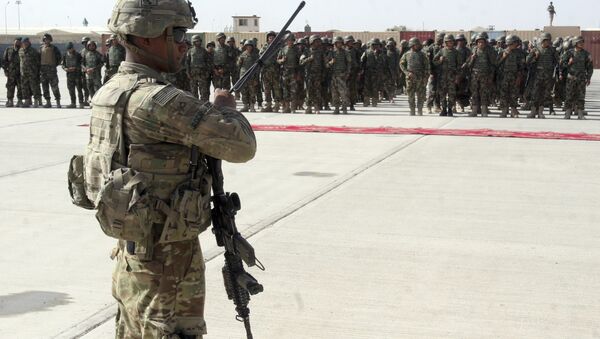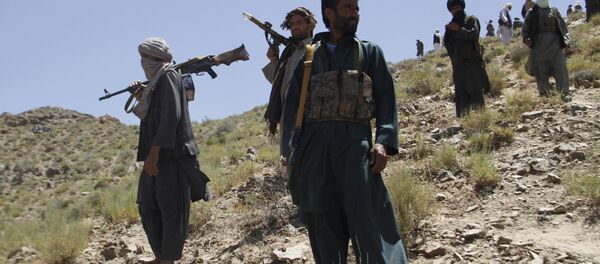These planned talks between the US and Taliban represent Talks represent the most serious diplomatic effort to end the Afghan war in five years. Sputnik spoke to Omar Samad, Former Afghani Ambassador to Canda and France, for more insight on the issue.
Sputnik: How significant is this development?
Omar Samad: It is definitely significant and it comes as part of a mini review of US policy that is about a year old now, that is taking place in Washington.
Sputnik: Despite this incentive from us Diplomats, many are worried that these talks could fold and Trump could run out of patience. On this subject, what problems could occur between US diplomats and senior Taliban members?
Omar Samad: This is still very fresh and new. There are obviously risks involved as far as the next steps are concerned, we do not know exactly what an agenda will look like, whether all sides will agree on a specific agenda, in this case between the US and the Taliban, because the Taliban demand was to discuss the withdrawal of the US troops in a time period. They do not seem to be ready or willing to discuss anything beyond that that has to do with the Afghan government on a political settlement of the issue.
So agenda is one issue, timing is another because there still is a war going on in Afghanistan; everyday people are being killed on all sides. As these talks get under way and evolve into further talks, we cannot ignore that fact that fighting continues and I expect fighting to continue for a period time as the fighting season ends by the end of the year.
That is the second issue that needs to be taken into account, the third I think is regional, and that’s to do with other stake holders in the region, who have each of their own views and interests relating to Afghanistan and the threat perceptions that exist as well as the opportunity that they see in trying to further their agenda.
Sputnik: As a former Afghani ambassador, what criticisms do you have of Trump’s approach to these talks?
Omar Samad: I think a criticism that the Afghanistan people have is whether it’s US or other foreign policy towards Afghanistan is that it has to be longer term in perspective and has to take into account the local issues that are problematic but also the regional and strategic matters.
It has to have a longer viewpoint to what the endgame is in Afghanistan, it is a win win for the key stakeholders, especially for those people in Afghanistan and the government who have to have legitimacy in Afghanistan.
We need to have a long term strategic view of what we want to achieve, as well as, shorter term policies that help us achieve those objectives.
The views and opinions expressed by Omar Samad do not necessarily reflect those of Sputnik.



